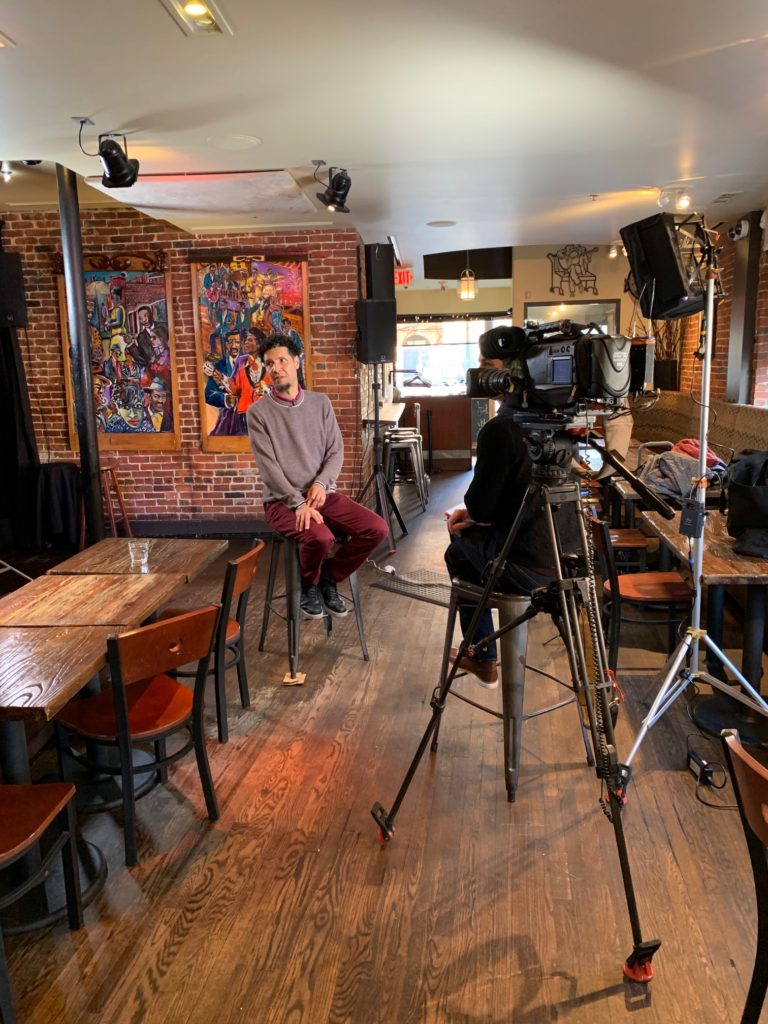Share This:
January 27, 2020 | General,
A Note from Detroit Red Playwright, Will Power
“Malcolm was our manhood,” actor Ossie Davis said in Malcolm X’s eulogy, “and, in honoring him, we honor the best in ourselves.” When I was growing up in the Fillmore, a once-predominantly African American neighborhood in San Francisco, there was no larger presence than that of Malcolm X. This was the early 1970s, and Malcolm had been assas- sinated some nine years before. Still, his presence was everywhere in our community: in posters on the walls in barbershops, in audio recordings playing from homemade speakers on porches, in conversations among black men and women—“I don’t know, I don’t know, but what do you think brother Malcolm would do?” The first school that I attended was called the Malcolm X School. There we learned about historical figures and black pride and weaving through it all was Malcolm. At 5 years old, I didn’t fully understand everything he said or what he meant, but his energy was electric, his words, even to a 5-year-old, were alive and held important secrets that I wanted to recite and understand.

As I grew older, I wondered how exactly did Malcolm X become Malcolm X? And perhaps more than that, how did a wayward, troubled teenager and gangster become the man who wasn’t afraid to speak truth? I thought about this often because I knew many young men in my neighborhood who perhaps mirrored a teenaged Malcolm in ways. They were angry, brilliant, creative and poetic, and sometimes violent. They were the new, contemporary versions of “Detroit Red” with different clothing but the same energy, the same angst, the same pain. I often wondered, “how is it that they were not able to transform and become Malcolm X (meaning they didn’t reach their potential), when Malcolm did?” I have always wanted to see a play, or read a book devoted totally and introspectively to that period in his life. This is my attempt to do so.
The Detroit Red Project has been a complete joy to work on. Along the way, there have been many, many creative spirits both here in Boston and throughout the country who have added their immense talents to making this fledging idea a real one. The play also has a community-engagement piece, as well as a graphic novel, which both tell different parts of the tale. I am so grateful for this opportunity. It has been a true blessing.
—Will Power, Playwright of Detroit Red
Detroit Red runs at the Emerson Paramount Center FEB 01-16. Tickets at ArtsEmerson.org




I’ve read the book and visited the Autobon auditorium in Harlem. I did not appreciate the homosexual reference in this play.